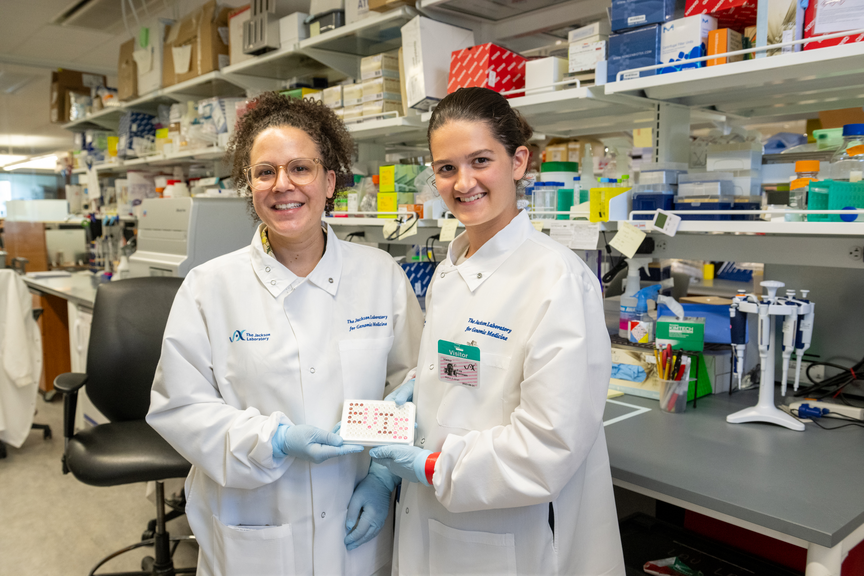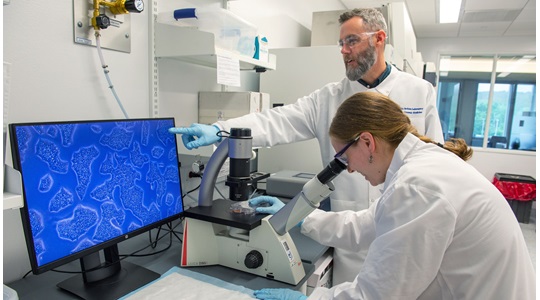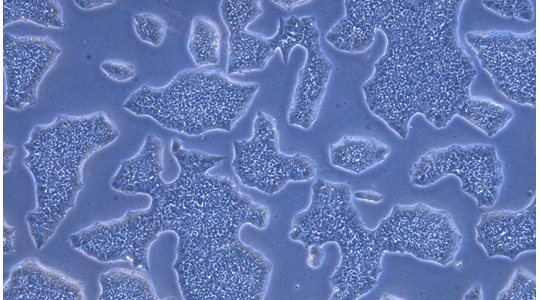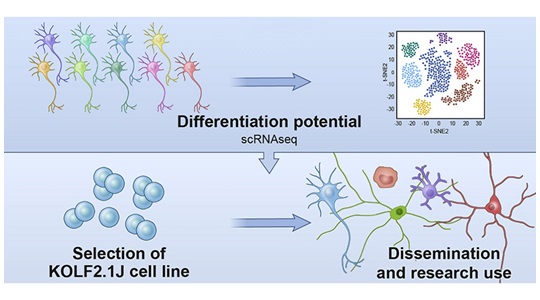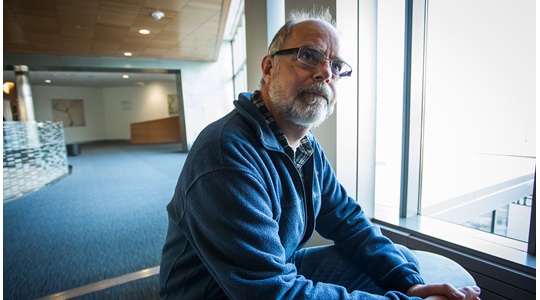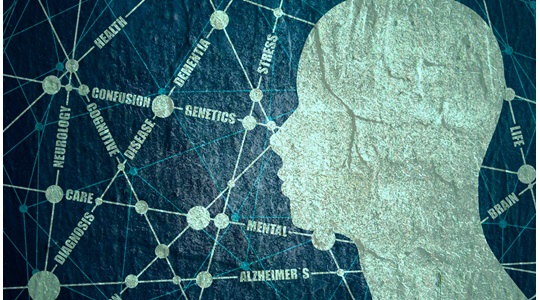Bill Skarnes, Ph.D.
Professor, Cellular Engineering
Bill's laboratory is currently exploiting new genome-editing technology to study gene function and to model disease in human stem cells.
Bill's laboratory is currently exploiting new genome-editing technology to study gene function and to model disease in human stem cells.
Bill received his BSc and MSc in Microbiology and Immunology from McGill University in Montreal, Canada. In 1992, he was awarded his Ph.D. in Molecular and Medical Genetics from the University of Toronto where he pioneered gene-trapping technology in mouse embryonic stem (ES) cells. Following his postdoctoral training with Rosa Beddington in Edinburgh, Bill was a group leader at the BBSRC Centre for Genome Research in Edinburgh.
In 1997, Bill took up an appointment as an Assistant Professor at the University of California at Berkeley. Here, his laboratory demonstrated the value of large-scale mutant ES cell resources for gene-based, phenotype-driven screens in mice. With colleagues in the Bay Area, Bill initiated the BayGenomics programme, the first large public gene trap resource.
From 2003 to 2016 Bill led the Mouse Developmental Genetics and ES Cell Mutagenesis teams at the Sanger Center that established a high-throughput pipeline for the production of many thousands of targeted gene mutations in mouse ES cells for EUCOMM (European Conditional Mouse Mutagenesis Program) and KOMP (Knockout Mouse Project) with funding from the European Union and National Institutes of Health . This mutant ES cell resource is the foundation for ongoing efforts by theInternational Mouse Phenotyping Consortium to elucidate the function of all 20,000 genes in the mouse.
